Description
Innovation and economic development, particularly in emerging economies in Sub-Saharan Africa, are increasingly tied to the protection and promotion of intellectual property (IP) rights. As countries pursue sustainable development, Public-Private Partnerships (PPPs) have become a key mechanism for facilitating technology transfer, commercialization, and infrastructure development across multiple sectors.
This report analyzes the IP landscape across different jurisdictions, focusing on existing legal frameworks, the role of PPPs in advancing IP, and the impact of IP on critical sectors such as agriculture, health, and renewable energy. By examining these areas, the report provides insights into the challenges and opportunities within national ecosystems and offers recommendations to strengthen IP’s contribution to sustainable development.
Senegal has established a solid legal and regulatory foundation for IP protection and is actively pursuing economic development through initiatives like the PSE. However, addressing the persistent challenges in enforcement, accessibility, and stakeholder interaction is crucial for maximizing the benefits of IP for Senegal’s economy and society. The report effectively highlights these challenges and implicitly points towards relevant recommendations. Focusing on strengthening national institutions, promoting local innovation, and ensuring equitable access to technologies will be key to unlocking the full potential of IP in Senegal.

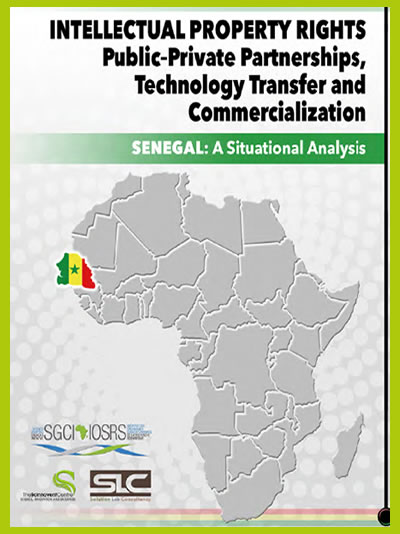
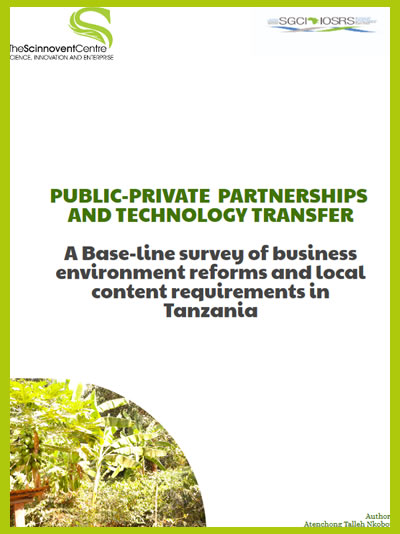

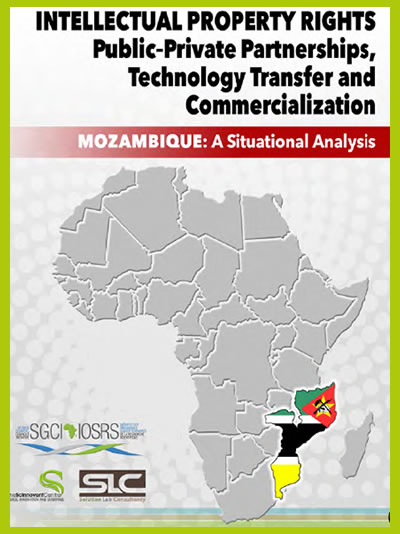


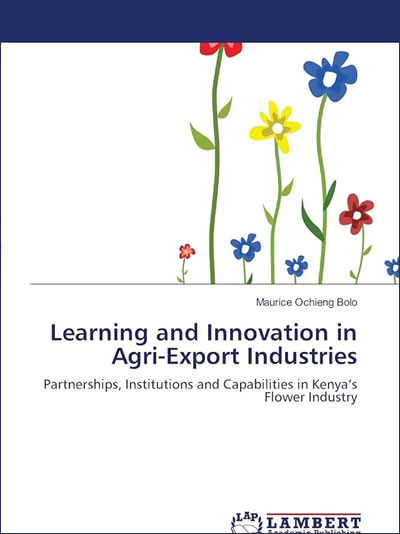
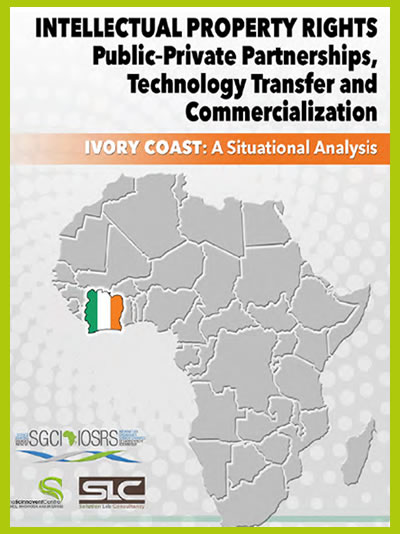
Reviews
There are no reviews yet.